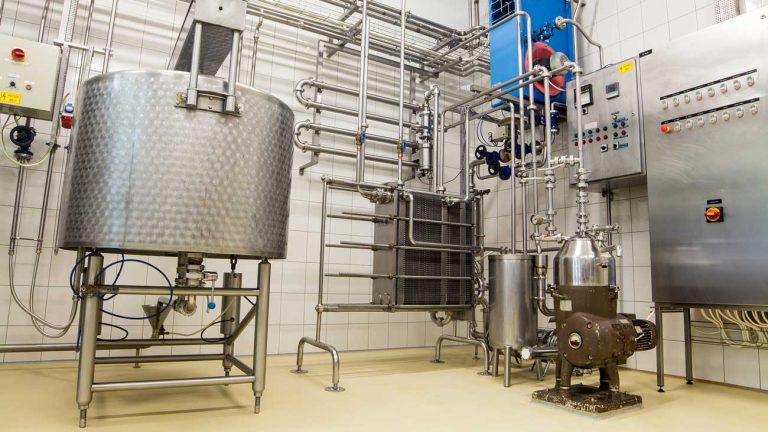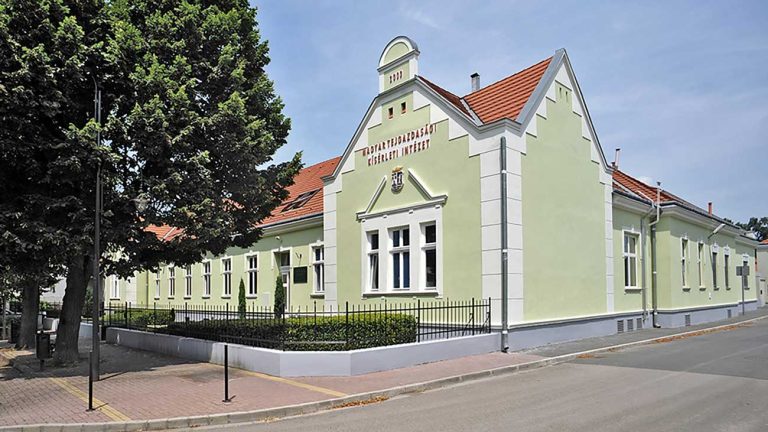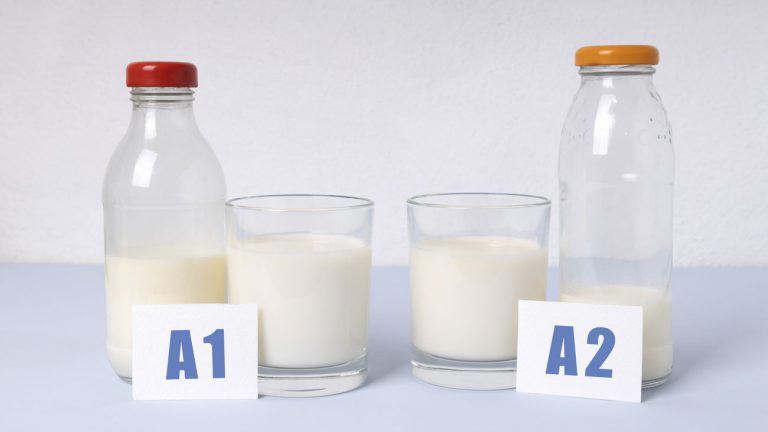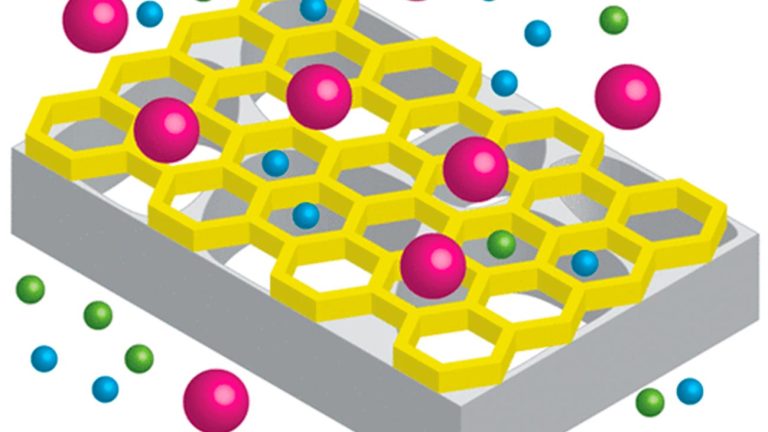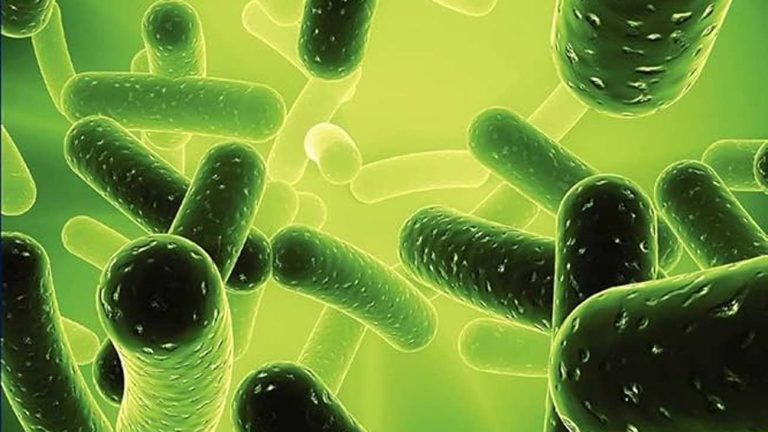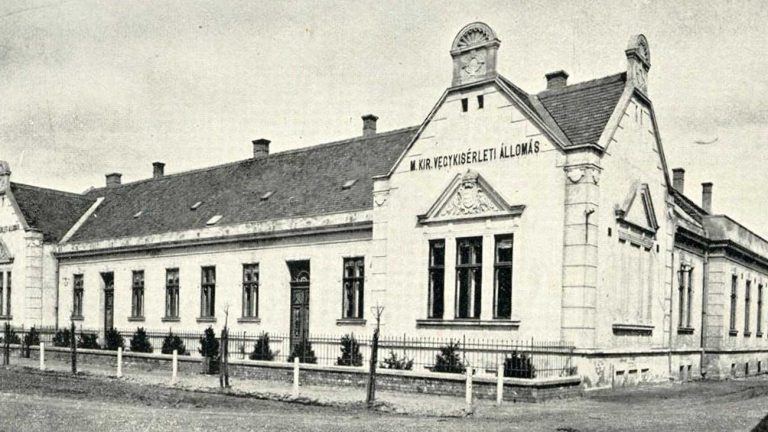HDRI AND CAMEL MILK
HDRI started research on camel milk in 2012 in cooperation with a Dubai-based company specialized in intensive camel farming, camel milk production and the production of camel milk-based products. As a result, the institute developed a protocol for the effective production of camel milk powder based on the spray drying technology, and with the technological development the shelf life of pasteurized camel milk was doubled by using microfiltration.
The expertise acquired through R&D and many years of experience is currently unique in the world, in such an industry that has exceptionally high innovation potential and capable of producing a product with high added value.
The importance of camelids is well illustrated by the fact that the United Nations has declared 2024 the International Year of Camelids (IYC2024). This highlights that camelids are key to the livelihoods of millions of households in more than 90 countries throughout the world. Camelids contribute to food security, nutrition and economic growth, and have a strong cultural significance for local communities.
CAMEL BREEDING AND MILK PROCESSING CENTRE OF EXCELLENCE IN CHAD
HDRI is actively involved in the establishment of the Camel Breeding and Camel Milk Processing Centre of Excellence in Chad, unique on the African continent, the aim of which is to utilize Hungarian knowledge and ensure Hungarian scientific presence in Chad. In the project coordinated by the Hungarian University of Agriculture and Life Sciences, HDRI examines the local framework and possibilities of camel milk treatment and processing and will play a key role in the design and launch of camel milk processing technology. At the beginning of June 2024, our colleagues participated in a study tour in Chad to discover local economic and geographical circumstances. The experts had discussions with the Minister of Agricultural Production and Industrial Development, the Minister of Livestock and the Director of Centre of Food Quality Control (CECOQDA).
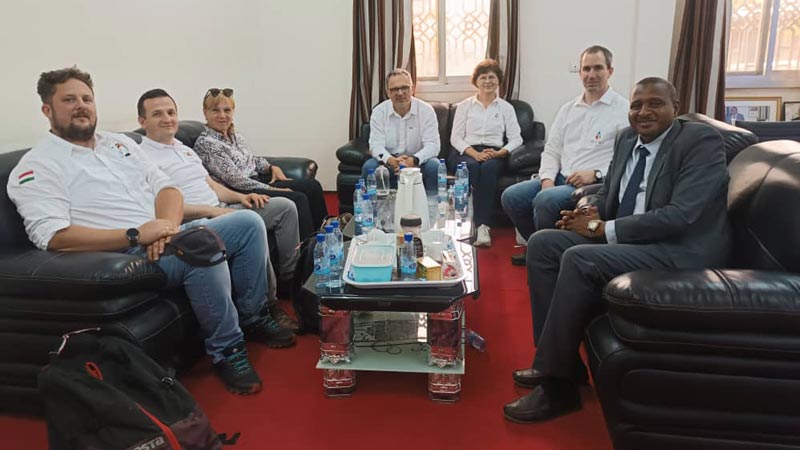
Dr. Gábor Szafner, head of R+D at the institute emphasized in an interview: “Camel milk is a special type of milk, it has a completely different protein composition than cattle milk. It is a curiosity, a speciality in Europe and the special products made from it represent products of the highest standard.”
Erika Kalmarne Hollosi KAM

